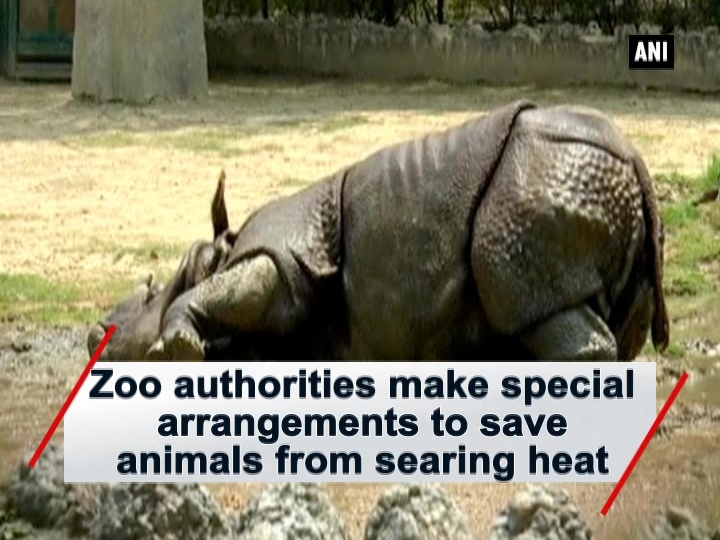Climate Change and Probability Theory

In 139 years of record-keeping, this June was the warmest June ever recorded, but it also revealed something more troubling: each of the last five January through Junes are now the five warmest such spans on record.
Question: What is the probability that these events are random, i.e., that some exterior force is not at work?
Answer: The solution requires one to understand that the probability of events happening together is the arithmetic product of their happening individually.
The probability of the first one happening at random is 5 out of 139, or 5/139, since there are 139 total positions, and the events needs to occur in one out of five of them.
However, once the first one happened, there are only 138 total spots left, and the event needs to be in one of four of them. Thus the probability here is 4/138.
If we repeat the process with the other three, we get 3/137, 2/136, and 1/135.
Multiplying all five together, we get (5*4*3*2*1)/(139*138*137*136*135) or 1 in 402,073,902. While that could happen, it’s a probability smaller than that of picking at random a single person out of the entire population of the U.S.
From this article:
“At this point, the inexorable increase in global temperatures is entirely predictable,” said Sarah Green, an environmental chemist at Michigan Technological University. She noted that NASA’s updated data is added proof that climate models have accurately predicted Earth’s continued warming as heat-trapping gasses amass in the atmosphere. “As we have shown in recent work, the record warm streaks we’ve seen in recent years simply cannot be explained without accounting for the profound impact we are having on the planet through the burning of fossil fuels and the resulting increase in atmospheric greenhouse gas concentrations,” added climate scientist Michael Mann, the director of the Earth System Science Center at Penn State University.
